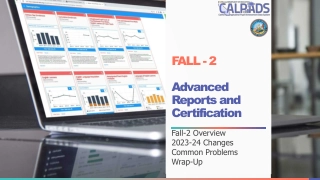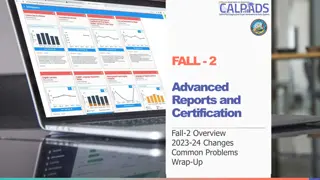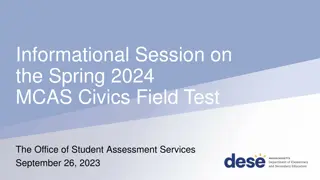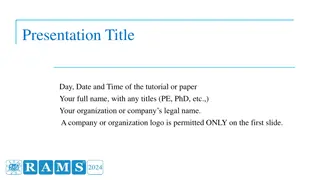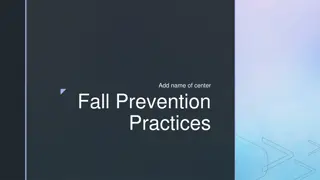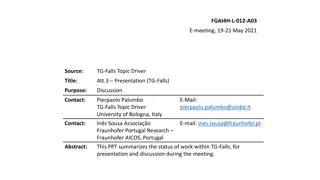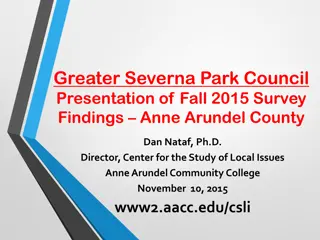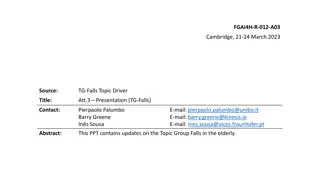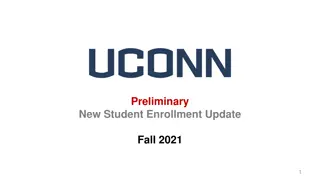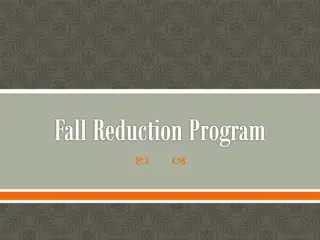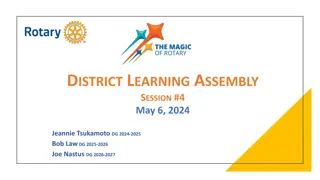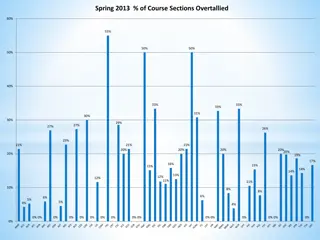
Michigan State University Psychology Graduate Program Overview
Discover the Michigan State University Psychology Graduate Program through an engaging virtual information session. Learn about the program structure, application guidelines, diverse research areas, and available resources. Explore the program's mission, organization, activities, and funding details. Get insights on student engagement, tuition costs, and the lasting impact of successful alumni. Join us to explore your future in psychology at MSU!
Download Presentation

Please find below an Image/Link to download the presentation.
The content on the website is provided AS IS for your information and personal use only. It may not be sold, licensed, or shared on other websites without obtaining consent from the author. If you encounter any issues during the download, it is possible that the publisher has removed the file from their server.
You are allowed to download the files provided on this website for personal or commercial use, subject to the condition that they are used lawfully. All files are the property of their respective owners.
The content on the website is provided AS IS for your information and personal use only. It may not be sold, licensed, or shared on other websites without obtaining consent from the author.
E N D
Presentation Transcript
Michigan State University Psychology Graduate Program Information Session
Session Agenda 1. Welcome & Introductions 2. Information about the program and MSU 3. Guidelines for applying 4. Graduate student panel 5. Q&A time Session will be recorded. Use the chat for any questions. We will try to cover as many as we can.
Who are we Our mission is to train the next generation of scientists, leaders, and professionals to advance knowledge and promote individual and societal well-being. Goals Provide world-class scientific training Transcend traditional disciplinary boundaries Translate scientific knowledge into action Values scientific integrity, methodological rigor, production of high quality and impactful work, curiosity, teamwork and collaboration, inclusiveness, and respect for others viewpoints. Commitment To understanding psychological processes in an increasingly diverse society, and to training all graduate students to learn about multiple diverse populations
How are we organized? Behavioral Neuroscience (BNS) Clinical Science (CS) Cognition and Cognitive Neuroscience (CCN) Ecological/Community Psychology (ECO) Organizational Psychology (ORG) Social/Personality Psychology (S/P)
How will I spend my time 2-3 courses each semester of first year Actively engage in research from the start Informal training through seminars, research team meetings, workshops Master s thesis completed in first several years; dissertation typically within 5 years
What stands out about this graduate program? Available resources Funding, professional development, student organizations Student involvement in publications/presentations/awards Success of alums
What does it cost RAs, TAs, 4 years guaranteed funding for all 20 hours week work for $1074 biweekly (current entering rate) Health insurance ($1970) Tuition waiver for 9 credits (in-state $893 per credit, out-of-state $1729.50 per credit) Fellowships Research/travel funds Cost of living below national average
Basic information about our PhD program ENTERING WITH A MA EARNING A MA DURING THE PHD PROGAM COURSE WAIVERS
What kind of applicant are you looking for? PhD is a research degree Research skills Analytic and writing skills Fit with faculty research interests
What should I include in my application? Required scores GPA Optional GRE Recommendations Who to ask? When to ask? What to ask? Personal Statements What makes you stand out? Why do they need you? What will you do with this degree? Interviews Some but not all areas do interviews as a second stage
Personal Statement Elements Relevant background about you Your experiences The skills you gained from these experiences Your specific strengths Your goals Your interests Who you want to work with Review department website and faculty webpages and CVs to help determine this!
How to craft a successful application Emphasize the fit between your experiences, knowledge, and future interests and that of the program and faculty. No one piece of your application is a make or break piece of information. All information is considered and evaluated relative to fit with the training goals of the program and faculty research specifics. There are always fewer slots than qualified applicants and other constraints that limit the number of accepted students.
How to apply https://admissions.msu.edu/apply/graduate-students https://psychology.msu.edu/_assets/pdfs/grads- prospective/gradapplicationguidance.pdf https://grad.msu.edu/internationalapplicants
Things to consider as you apply - Give yourself plenty of time to collect materials and work with the online portal - Recognize that the decision-making process takes time and is iterative (is conducted in stages) - Use the online portal for queries about application status - Initial contact is via the online portal, followed by outreach to you from admissions chairs and sometimes other faculty members
Timeline for applications Fellowship offers; candidate interviews Initial offers and waitlist offers Applications Due Applications Reviewed Acceptances


